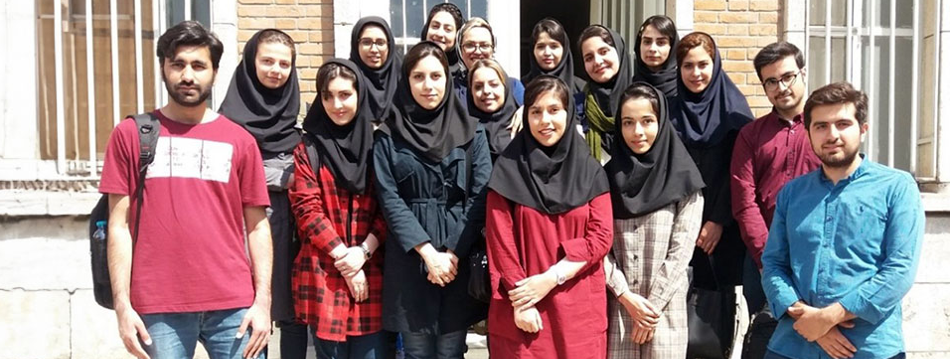Through policy guidance, partnerships, advocacy, capacity building and technical assistance, the Joint Programme provided strategic support to advance the HIV response in the Middle East and North Africa region. The 2022–2023 biennium saw important progress in HIV prevention and testing, especially among people in prisons and people who use drugs, though major gaps remain.
Middle East and North Africa
Access to pre-exposure prophylaxis (PrEP), opioid agonist therapy and HIV self-testing continues to expand across the region. Communities of key populations and vulnerable people are being mobilized and empowered to advocate more effectively for their rights and to deliver essential services, including in humanitarian settings. In challenging contexts, thousands of refugees, asylum seekers, displaced persons and people from host communities were receiving sexual and reproductive health and HIV information and services. The Joint Programme also worked closely with governments and communities to ensure treatment access and adherence for people living with HIV was sustained despite conflict and other disruptions.












